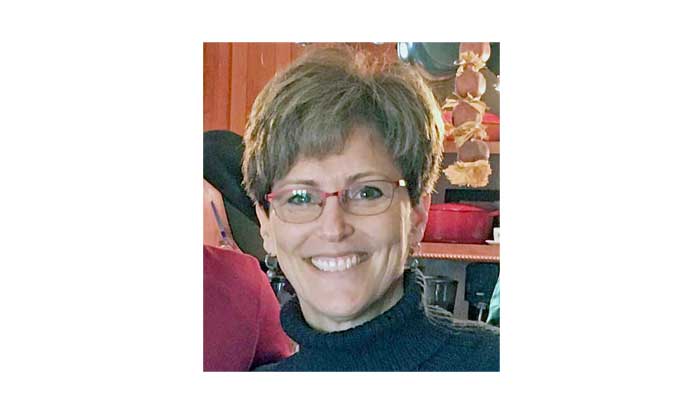Leviticus A Call to Relationship

Parashat Vayikra (Leviticus 1:1-5:26)
“God called to Moses…”
For millennia, commentators have discussed the meaning of this brief statement with which the third book of the Torah opens.
For me, it is all about relationships. It is about inviting or being invited into an intimate relationship – the details of which God will spell out throughout the remaining books of the Pentateuch.
While I struggle with questions of theology, I am certain of the power of relationships.
When I am in a crowded room I can hear my name above the cacophony. When my children were small, I knew their “mom” call distinctly from the call of other children on the playground. In a deep sleep I can hear the gentle call of my partner.
If I were to try and make a concise personal theological statement, I would say that I experience God as the relational context or “sacred space” in which meaningful connections are forged or strengthened in times of sorrow, joy, fear, or affirmation. It is a place of genuine human contact where people are seen and heard, where they can express their vulnerability.
“The place God calls you to is the place where your deep gladness and the world’s deep hunger meet,” writes Frederick Buechner, American writer, poet, preacher and Christian theologian. This language drew me into the rabbinate and to specialize as a hospital chaplain. I did not grow up wanting to sit with people in their deepest pain, accompanying patients and families after having experienced life altering diagnoses, complications, and death. However, I now regard such moments as sacred. I view myself as a bridge-figure, helping people move between the highs and lows of life.
I feel honored to engage people in moments of deep need. In fact, it is often the place in which I feel that I am my best self: patient, attentive, calm, compassionate, and focused. Simply put, I feel called to chaplaincy, to the holy work of accompanying people through experiences of illness, death, and loss. My calling gives me a great sense of purpose. While it demands great sacrifice and can be both exhausting and painful, like any true calling it has also taught me that I am capable of much more than I could have imagined.
And so, when I read that “God called to Moses,” I hear a call to draw near. Please, be with me.
With this ancient call echoing in my ear, I understand that I too am called to be in relationship, both in private and professional life.
Like Moses, I am called to respond:
You are not alone. I see you. I hear you. I am with you.
Rabbi Suzanne Offit is lead chaplain for the Palliative Care Team and post-acute services at Hebrew Senior Life’s Hebrew Rehabilitation Center in Boston, MA. She is a Board-Certified Chaplain (BCC) specializing in geriatric care as well as palliative care for patients and families, Rabbi Offit, is a 2009 graduate of the Rabbinical School of Hebrew College in Newton Centre, MA.

